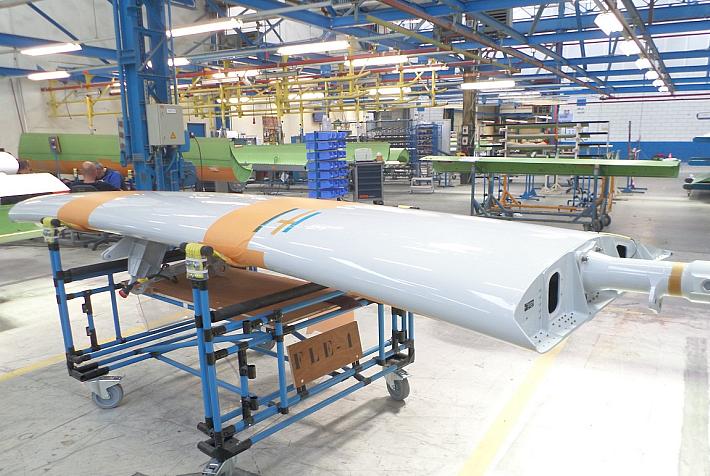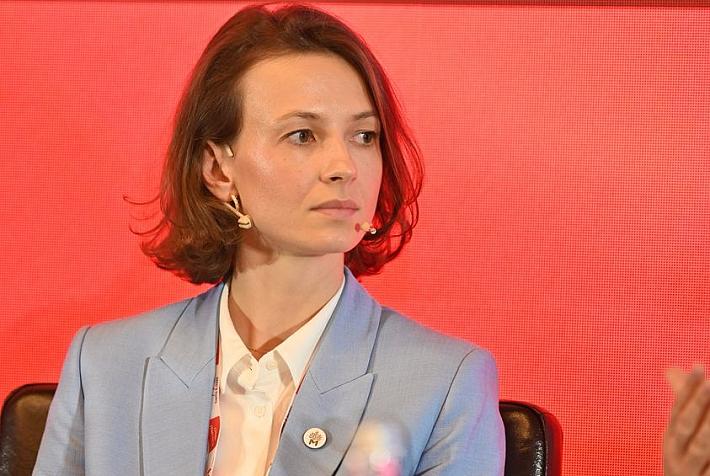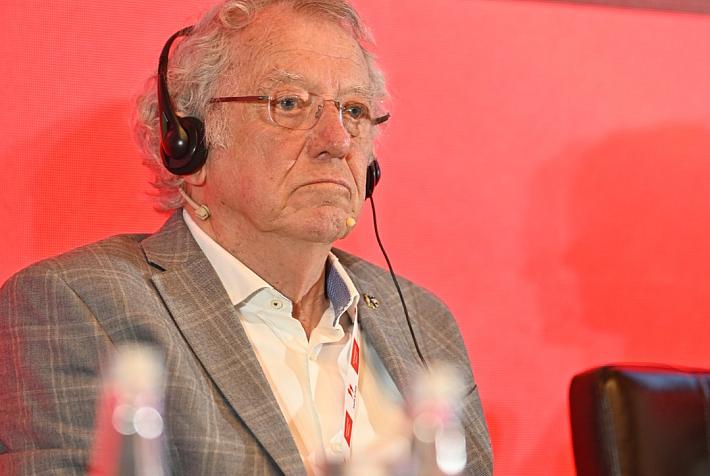Dacia deems workers' strike illegal, while protesters complain of low salaries and '40 seconds per car' production time

 After several hundred employees from Renault's Dacia car plant in Romania went on strike asking for higher pay, the company said the protest was illegal, as the number of protesters was below 20 percent of the company's staff, and that they will not be paid for the missed work. According to the company, the Employees Union also confirmed that the protest was illegal.
After several hundred employees from Renault's Dacia car plant in Romania went on strike asking for higher pay, the company said the protest was illegal, as the number of protesters was below 20 percent of the company's staff, and that they will not be paid for the missed work. According to the company, the Employees Union also confirmed that the protest was illegal.
The protesters said their demands for a salary rise have not been included in the collective work contract, and complained of the short time in which they have to produce a car – just 40 seconds. One of the protesters said not even bread in the baker is produced as fast as they produce a car. They asked for a better pay and not to be treated like 'slaves'. They referred to the recent alcohol level testing brought in by management and to the controls at the gate.
According to Renault's spokesperson in Romania Anca Orevicianu, negotiations with the employees started in February, and are ongoing, and layoffs were never under discussion. The employees reportedly asked for a RON 500 pay rise per employee – some EUR 113 – and the management's refusal triggered the protest. The average salary of a worker in the Dacia factory was of RON 2,900 per month – gross salary – or around EUR 880, which was 60 percent higher than five years ago.
 Around half of the daily production of the Dacia factory in Mioveni, Romania, is represented by the Dacia Duster model. The car maker produces around 1,400 cars a day in the Romanian factory, which has around 8,000 employees. Earlier in February, the Romanian factory produced car number 400,000. In another festive moment, Dacia announced earlier in March it reached the 1 million threshold for the TLx gearbox it produces locally. The gear boxes are sent to the India factory for the Dacia Duster 4x4 model produced there.
Around half of the daily production of the Dacia factory in Mioveni, Romania, is represented by the Dacia Duster model. The car maker produces around 1,400 cars a day in the Romanian factory, which has around 8,000 employees. Earlier in February, the Romanian factory produced car number 400,000. In another festive moment, Dacia announced earlier in March it reached the 1 million threshold for the TLx gearbox it produces locally. The gear boxes are sent to the India factory for the Dacia Duster 4x4 model produced there.
Dacia ended 2012 with sales of 360,000 cars around the world, out of which 340,000 were outside Romania, with France, Germany and Algeria being the top export destinations.
editor@romania-insider.com
(photo source: Dacia)















